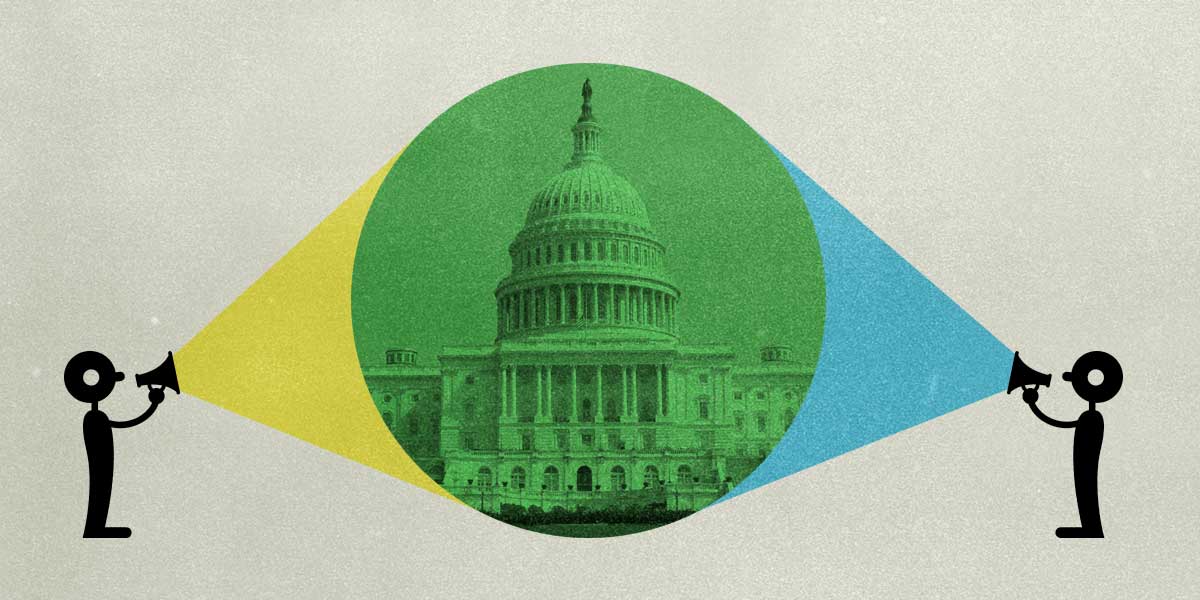
"We strongly oppose this. We've talked before about why federal preemption of stronger state privacy laws hurts everyone."
"This would override existing state laws enacted to mitigate against emerging harms from AI use, keeping states from reacting to emerging problems."
"This risks freezing any regulation on the issue for the next decadeâCongress has been far slower to act than states."
"If Washington wants to pass a comprehensive privacy or AI law with teeth, more power to them, but this is unlikely."
The U.S. House Energy and Commerce Committee's proposal to impose a ten-year federal preemption of state AI regulation has drawn strong opposition. Critics highlight that it would invalidate existing state laws aimed at mitigating the risks of AI and hinder states' ability to respond to emerging problems effectively. With technological advancements happening rapidly, a decade-long regulatory freeze is problematic. Even if Congress fails to act on AI, states should retain the ability to address evolving issues. Many state proposals strive to balance innovation with consumer protection and an outright ban on state action may be detrimental.
Read at Electronic Frontier Foundation
Unable to calculate read time
Collection
[
|
...
]